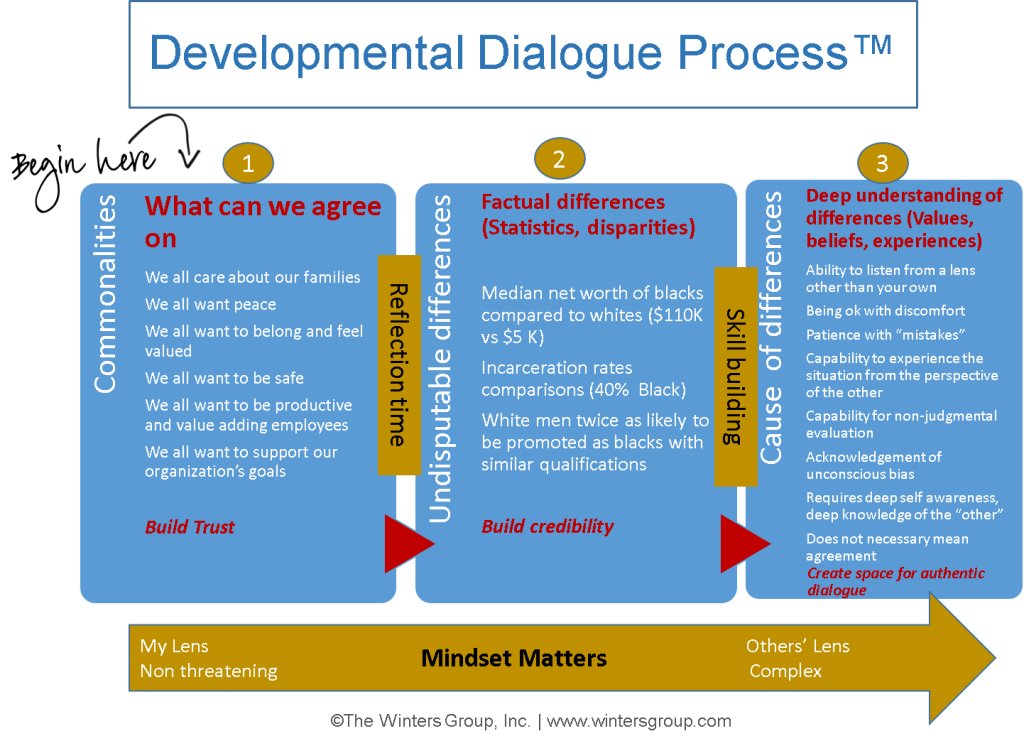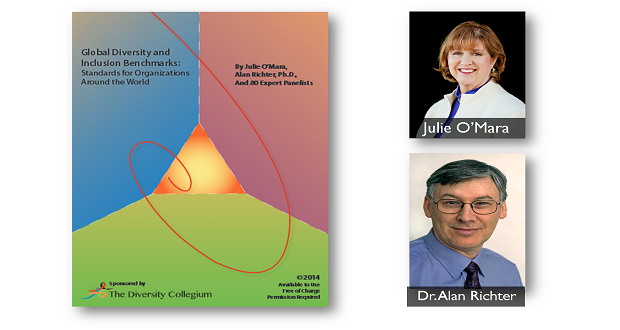
Tuesday night, Senator Paul Ryan spoke at a Town Hall, and among the topics he discussed were the Black Lives Matter movement and recent killings of Alton Sterling, Philando Castile, and the Dallas police officers. Ryan called the concerns of the Black Lives Matter Movement “profound,” and encouraged people to begin listening:
“Let’s make sure that we can actually hear what people are saying and understand what their problems are. And I also think we need to be respectful of each other’s different views…. People feel like they’re being discriminated against and they’re not safe because of the color of their skin, so that’s profound and because people believe that, we have to listen to that.”
Similarly, days earlier, Former Congressman and House Speaker, Newt Gingrich engaged in dialogue with political analyst Van Jones around race in America, and provided some similar (and surprising) commentary:
“It took me a long time, and a number of people talking to me through the years to get a sense of this. If you are a normal white American, the truth is you don’t understand being black in America and you instinctively under-estimate the level of discrimination and the level of additional risk.”
Both Ryan and Gingrich’s thoughts are compelling, and indicative of the shift in mindset that will be required of leaders if we are truly to see change. For some time now, most of the rhetoric and action around racial inequality has come from a place of polarization and minimization. Here, you see both Ryan and Gingrich acknowledging (for what may be the first time) the structural barriers and inequities that marginalize black people in America, even though they have not experienced this for themselves.

Last year, we hosted a dialogue session on race as part of our Let’s Talk About It Series. In it, we shared The Developmental Dialogue Process as a simple, but not necessarily easy, model to guide difficult discussions around race. The model starts with building trust by focusing on commonalities. Trust is fundamental to fostering authentic dialogue. The next phase of the process is grounded in beginning to talk about differences from a factual perspective. This may take time too because we all do not interpret the “facts” in the same way. Once you get to phase three of this process, you are able to authentically discuss your differences and foster greater understanding of why others may believe and feel differently from you.
Perhaps this is the direction we are headed in as a nation, and maybe leaders like Gingrich and Ryan are on personal journeys of their own in getting there. It was recently announced that the President will be hosting a Town Hall on Race in America. I am interested to see how it goes. Certainly a broader conversation, and more authentic dialogue is a small step in the right direction.


















